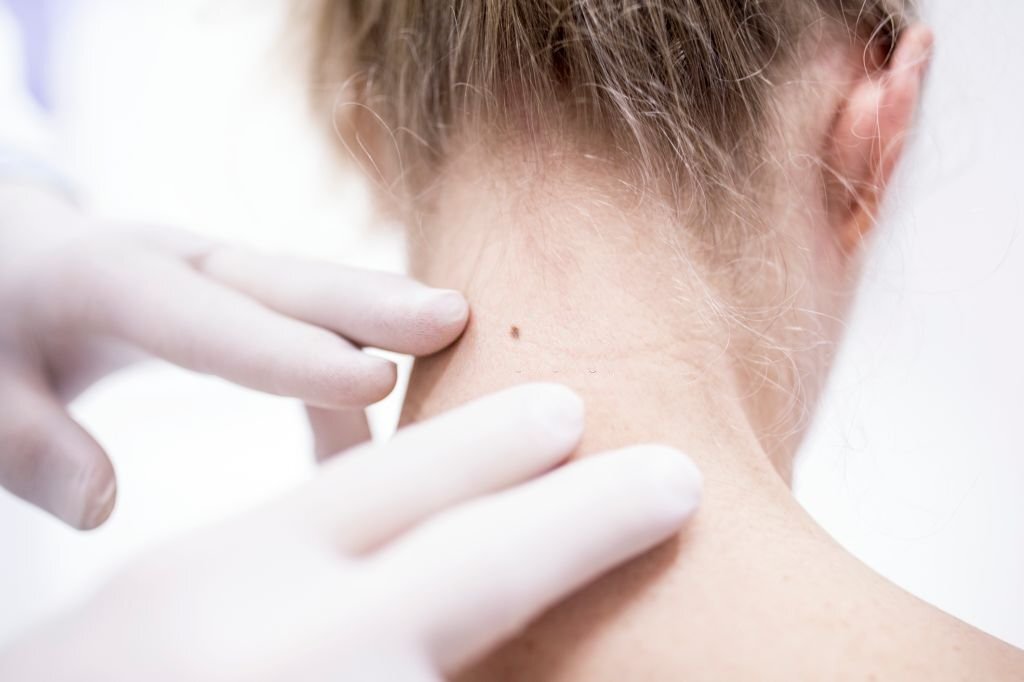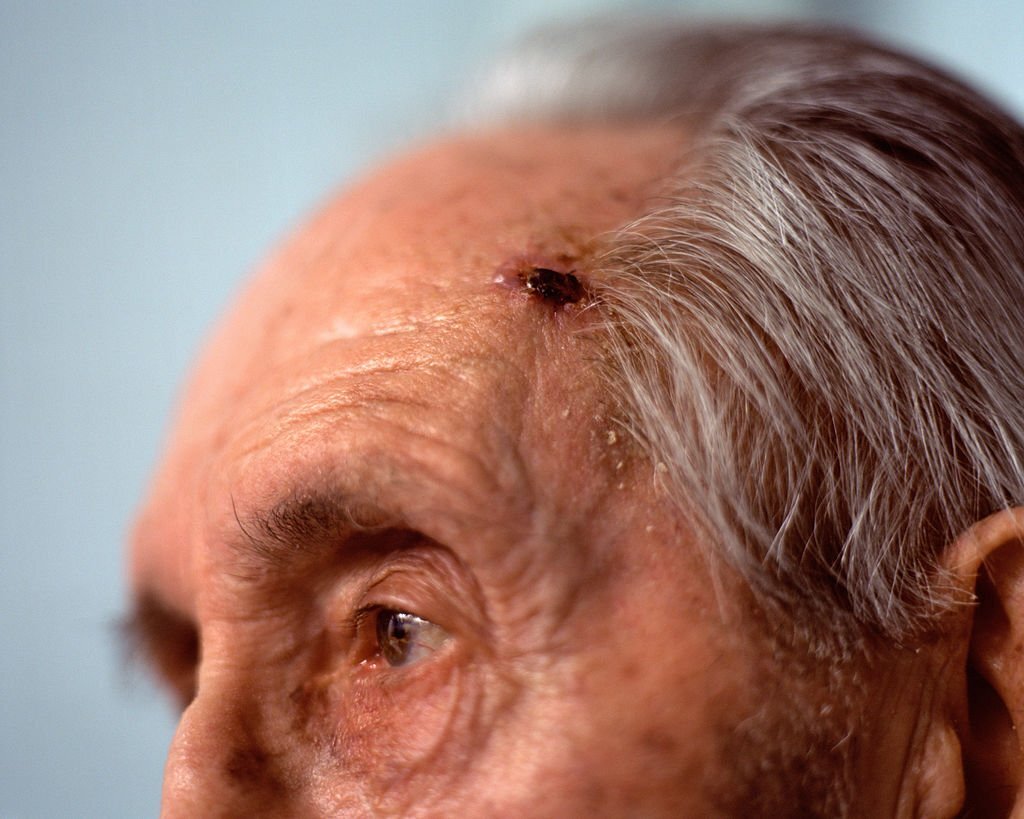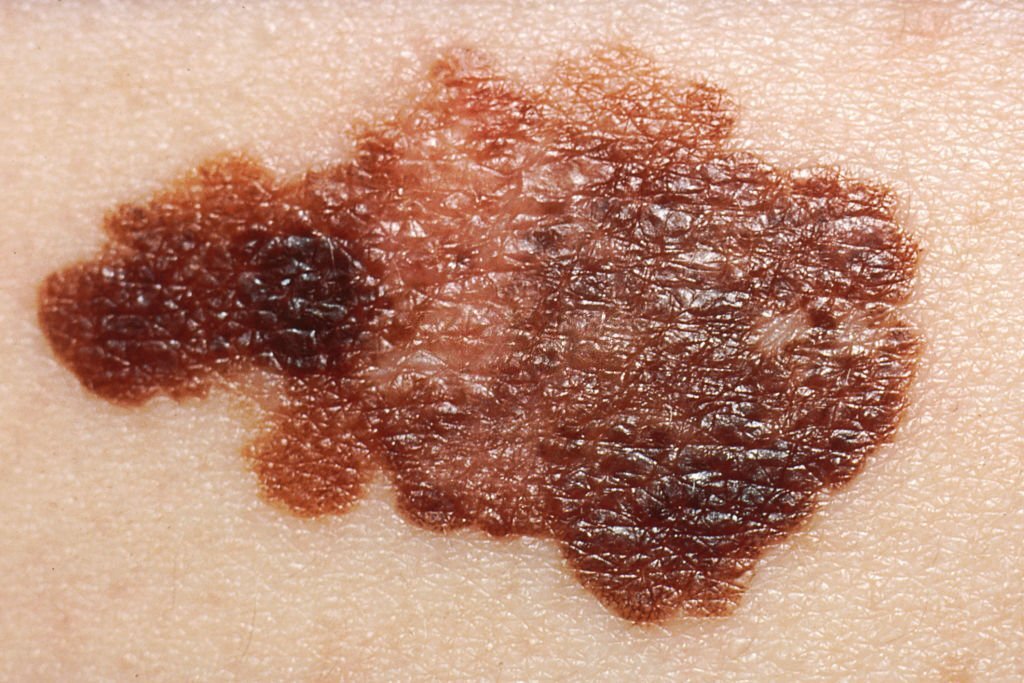“We all live in fear of cancer, but to be told you have skin cancer was terrifying.”–Stephanie Beacham
In a world, where we still dread the word ‘cancer’, we are still haunted in our imagination of the possibility and extension of danger that are generally conceived of as more fatal only pertaining to certain types of cancer. Assuming that this is the popular notion among the general masses, where we put more weightage to specific types of cancer, we turn ignorant about the potential dangers of the other types of cancer. The same has happened with a large section of our society, which has over the years remained ignorant about the dangers of skin cancer.

Skin cancer is one of the most widely spread cancers and yet we are not as aware about it in the same depths as we are about most other common types of cancer. In fact, despite the pressures of being in a world where we still equate self worth with the number of skin care regimes, we tend to take the skin we are wearing, for granted. To begin with, skin cancer refers to the abnormal growth of skin cells and are generally subdivided into three categories- basal cell carcinoma, squamous cell carcinoma and melanoma.
“We all live in fear of cancer, but to be told you have skin cancer was terrifying.”–Stephanie Beacham
In a world, where we still dread the word ‘cancer’, we are still haunted in our imagination of the possibility and extension of danger that are generally conceived of as more fatal only pertaining to certain types of cancer. Assuming that this is the popular notion among the general masses, where we put more weightage to specific types of cancer, we turn ignorant about the potential dangers of the other types of cancer. The same has happened with a large section of our society, which has over the years remained ignorant about the dangers of skin cancer.

Skin cancer is one of the most widely spread cancers and yet we are not as aware about it in the same depths as we are about most other common types of cancer. In fact, despite the pressures of being in a world where we still equate self worth with the number of skin care regimes, we tend to take the skin we are wearing, for granted. To begin with, skin cancer refers to the abnormal growth of skin cells and are generally subdivided into three categories- basal cell carcinoma, squamous cell carcinoma and melanoma.
Of the different types of skin cancer prevalent, the most common type is melanoma which is caused by the abnormal growth of the cells that produce the pigment melanin, responsible for the complexion of our skin. It is necessary to be aware of the following symptoms to check for the probable signs of melanoma. This type of self test goes by the acronym ABCDE’s of self test for skin cancer; where A stands for asymmetry in the shape of moles, B stands for border of cancerous moles that look irregular or scalloped, C refers to colour-hinting that cancerous moles are darker in colour or have multiple colours. Then comes D which stands for the diameter of a cancerous mole being more than 6 millimetres or larger than a pencil eraser. Lastly, E stands for evolving shape, size or colour of the mole.

If after the self screening test, you suspect that your body shows probable signs of skin cancer, then the next immediate step is to consult a dermatologist or oncologist, without further ado.
However, as the old adage goes, prevention is better than cure; it is important to keep in mind that although skin cancer can happen to anyone at any stage, some preventive tips go handy in the long run. These include:
- Avoiding the sun during the peak hours to prevent direct and prolonged sun exposure as it is the primary factor responsible for skin cancer
- Wear a good waterproof based sunscreen with at least 30 SPF to provide maximum coverage from the harmful ultraviolet rays. Applying a generous amount to all the exposed areas, all year round is advised.
- Avoid tanning beds as the lights used in them emit UV rays, which increases the risk of skin cancer. Studies show that tanning beds are responsible for 75% increase in skin cancer.
- Consult a physician before going for over the counter medications that make the skin prone & sensitive to the sun.
- Check your skin regularly for newer moles, freckles or lesions & consult a physician in case of visible changes
Just like any other cancer, early detection goes a long way in curing cancer. The key is to remain aware and not let the sun dictate your life choices. As the month of May is dedicated to spreading awareness about skin cancer, let us spread the word among communities and develop better healing practices.

